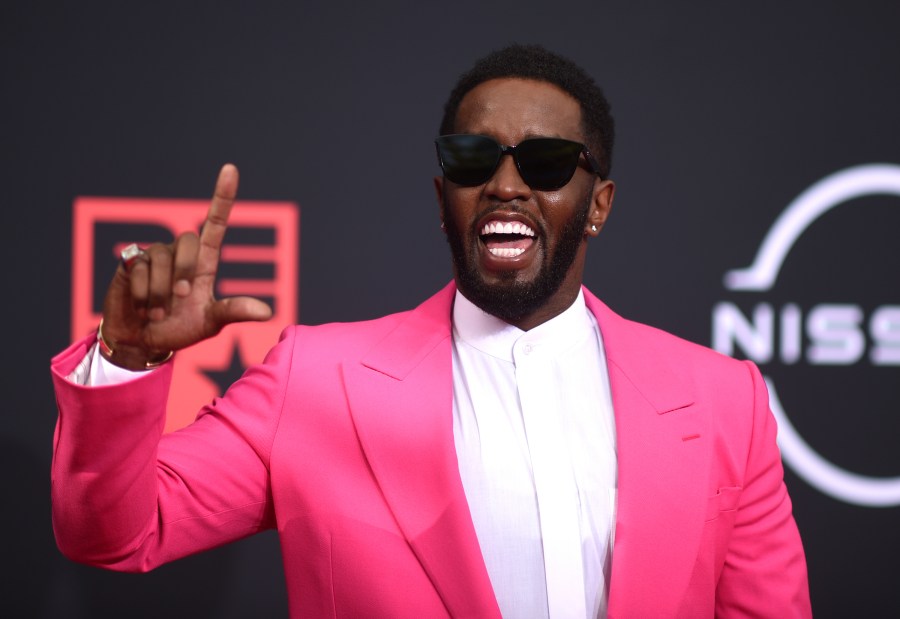
NEW YORK (AP) — The jury in the high-profile sex trafficking trial of Sean “Diddy” Combs has reached a verdict on all but the most complex charge: racketeering conspiracy. As deliberations continue, jurors have expressed difficulty in reaching a consensus on this significant count.
Combs, a three-time Grammy Award winner, stands accused of five felony charges, including racketeering conspiracy, two counts of sex trafficking by force, fraud, or coercion, and two counts of transportation to engage in prostitution. The case has drawn significant attention due to Combs’ influential status in the music industry and the serious nature of the allegations.
Understanding the Charges Against Combs
Prosecutors allege that Combs orchestrated abusive sex parties, coercing women into participation through drugs and threats. These parties reportedly involved hired male sex workers, and victims were allegedly silenced through blackmail and violence, including kidnapping, arson, and beatings. Combs has pleaded not guilty to all charges, with his lawyer, Marc Agnifilo, arguing that the charges are exaggerated and part of a “fake trial” driven by overzealous prosecution.
The most serious charge, racketeering conspiracy, suggests that Combs ran a criminal enterprise for two decades. This charge, often used to combat organized crime, requires prosecutors to demonstrate that an enterprise existed and engaged in a pattern of illegal activities such as kidnapping, arson, bribery, and sex trafficking.
The Legal Implications of Racketeering Conspiracy
Racketeering charges are historically significant, having been used to dismantle organized crime syndicates like the Mafia in the 1970s under the Racketeer Influenced and Corrupt Organizations Act (RICO). The application of RICO in this case underscores the gravity of the allegations against Combs and the potential for severe penalties.
“Racketeering conspiracy carries a potential maximum sentence of life in prison,” legal expert Dr. Lisa Monroe explains. “It’s a charge that suggests a sustained and organized pattern of criminal activity.”
Jury Deliberations and Partial Verdicts
The jury, consisting of eight men and four women, has reached a decision on the other charges, though the specifics remain undisclosed. Their inability to agree on the racketeering charge highlights the complexity and contentious nature of the case. U.S. District Judge Arun Subramanian has encouraged further deliberation, noting that the jury has only deliberated for less than 13 hours.
Partial verdicts occur when a jury can agree on some, but not all, charges. In this case, the jury’s note cited “unpersuadable” views on both sides regarding the racketeering charge, indicating deep divisions among jurors.
Potential Sentencing and Consequences
If convicted, Combs faces severe penalties. The racketeering conspiracy charge alone could result in a life sentence. The sex trafficking charges carry a mandatory minimum sentence of 15 years and a maximum of life in prison, while transportation to engage in prostitution could lead to a maximum of 10 years.
“The potential sentences reflect the seriousness of the charges,” says criminal justice analyst Robert Fields. “These are not just allegations of misconduct but of orchestrated criminal activity over many years.”
Looking Ahead: The Trial’s Broader Impact
This trial is not just about the fate of a music mogul but also about the broader implications for the entertainment industry and its handling of allegations of abuse and misconduct. The case has sparked discussions about the power dynamics in the industry and the measures in place to protect vulnerable individuals.
As the jury continues its deliberations, the outcome will not only determine Combs’ future but could also influence how similar cases are prosecuted and perceived in the public eye. Legal experts suggest that a conviction could lead to increased scrutiny and potential reforms within the industry.
The trial of Sean “Diddy” Combs is a pivotal moment in the ongoing conversation about accountability and justice in the entertainment world. The final verdict, once reached, will likely have lasting repercussions both legally and culturally.




